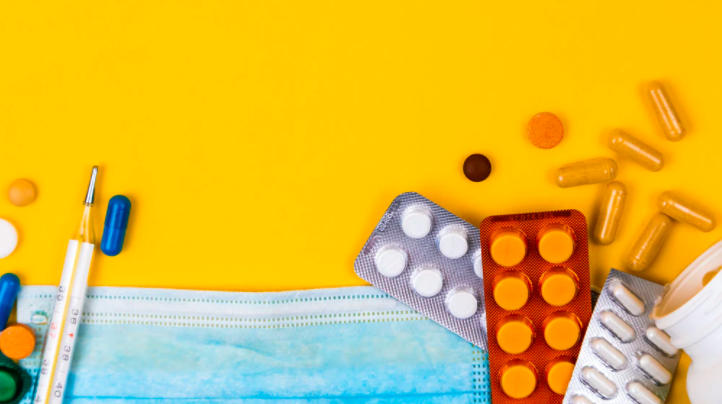The Western Cape has 4382 active cases of COVID-19, with a total of 104 711 confirmed cases and 96 479 recoveries as of 1pm on August 28.
The province has recorded an additional nine deaths, bringing the total number of COVID-19 related deaths in the province to 3850. “We send our condolences to their family and friends at this time,” said Premier Alan Winde in a statement.
The provincial breakdown is as follows:






Business safety:
“Over the past week, we have seen a number of businesses and sectors reopen for trade following a long lockdown period. It is important that businesses be allowed to reopen so that we can start the process of economic recovery so that we can save jobs and avoid the second, unemployment pandemic,” said Winde.
“This must however be done safely. COVID-19 has not disappeared from the Western Cape and we still need to practice extreme care and caution to protect ourselves and our loved ones. Earlier on in the pandemic, the Western Cape Department of Health, together with the Department of Economic Opportunities drew up a series of safety guidelines for a number of sectors. These guidelines provide detailed information on how to minimise the risk of infection. I encourage businesses, even those who have been allowed to operate for a while to read these guidelines to see if there may be additional safety measures they can put in place. The guidelines are available here.
“Members of the public who believe that a business is not compliant with the safety standards, can report them by filling out this form.
“It is also vital that wherever we are, we continue to abide by the golden rules of hygiene. This includes regular and thorough hand-washing with either soap and water, or with an alcohol based hand sanitizer. Always wear a mask when you leave home, and ensure that you keep a distance of 1.5m between yourself and any other person. Always sneeze or cough into your elbow or into a tissue which you can discard.
“It is also important that if you do not feel well, and if you are displaying symptoms, to stay home and to isolate yourself. If you fall into one of the high risk groups, it is important to get tested early if you are displaying symptoms.”
He concluded: “The people of this province have done a phenomenal job in flattening the curve and I thank each and every one of you for taking this seriously. It is important that we do not fall back into old habits because we think that COVID-19 is no longer a risk and must continue to do everything we can to reduce the number of infections in our communities.”
Image: Unsplash

